Welcome back to The Invisible College, my series of literature courses for paid subscribers. The 2024 syllabus can be found here. This episode, free in its entirety, is the first in a three-week sequence on Herman Melville’s Moby-Dick. First I make some general remarks about Moby-Dick, its multiple genres and influences (the King James Bible, Shakespeare, Milton), and how difficult it is to read relative to other “difficult” classics. Then I discuss Melville’s biography, with an emphasis on “the tormented psychology of the decaying patrician,” to quote a critic, as well as his experiences with non-western cultures and his struggles with family and authority, and I make some remarks on his other works. I give a primer on the Biblical precedents for Moby-Dick’s three central characters—Ishmael, Ahab, and Leviathan—and summarize Melville’s radical redaction of Judeo-Christian tradition: his siding against the chosen and with the outcast and his speculations on a covenant with nature. I note the book’s multiple modes and traditions: epic, romance, satire, anatomy, tragedy, and realism. I then summarize the first third of Moby-Dick and consider its “Etymology,” “Extracts,” and opening paragraph. I survey themes of wonder and sublimity, the escape from domesticity and femininity, cosmopolitanism and queer desire, democracy and kingship, the modernization of tragedy, relativism vs. absolutism, and Melville’s proto-modernist critique both of Romanticism and Enlightenment. Finally, I try to solve the puzzle of the novel’s most esoteric passage: what is “the old State-secret”? Please like, share, comment, and enjoy!—and please offer a paid subscription so you don’t miss the rest of the American literature sequence, including parts two and three on Moby-Dick, not to mention the archive of episodes on modern British literature from Blake to Beckett and our previous sequences on the works of Joyce, including Ulysses, and on George Eliot’s Middlemarch. The slideshow corresponding to the lecture can be downloaded below the paywall:
Share this post
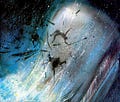
THE INVISIBLE COLLEGE: Herman Melville's Moby-Dick (1)
grandhotelabyss.substack.com
1×
0:00
-2:53:07
THE INVISIBLE COLLEGE: Herman Melville's Moby-Dick (1)
the classification of the constituents of a chaos
Sep 27, 2024
6
Share this post

THE INVISIBLE COLLEGE: Herman Melville's Moby-Dick (1)
grandhotelabyss.substack.com
Listen on
Substack App
Spotify
RSS Feed
Recent Episodes






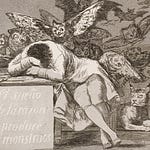
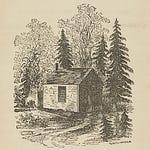
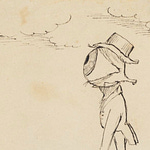
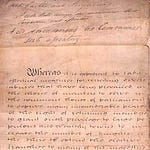
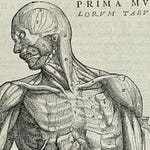
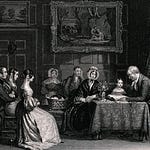
THE INVISIBLE COLLEGE: Herman Melville's Moby-Dick (1)